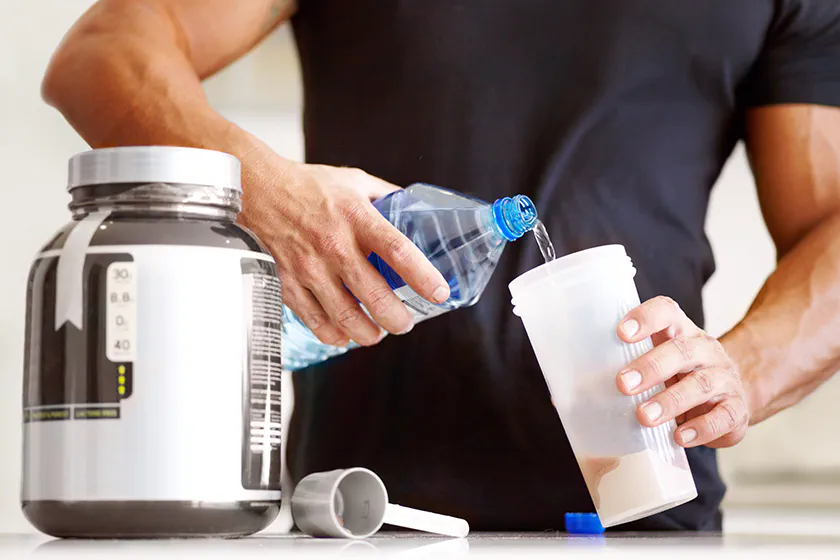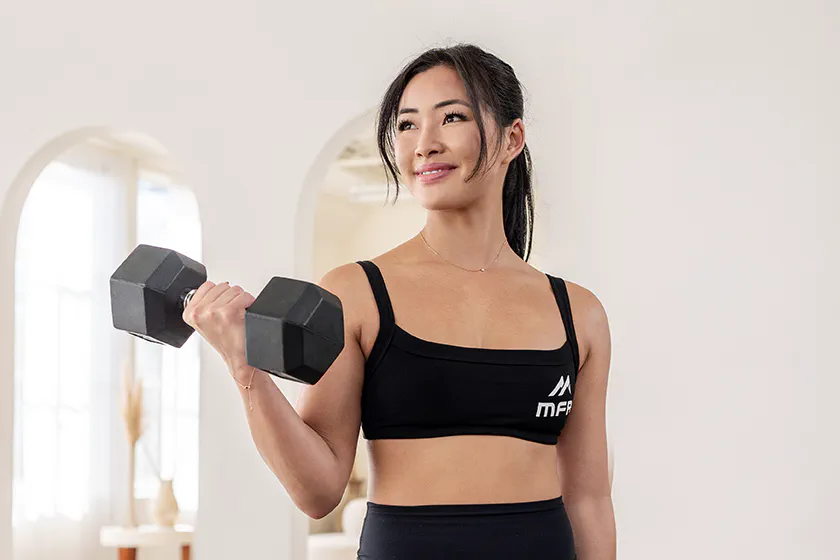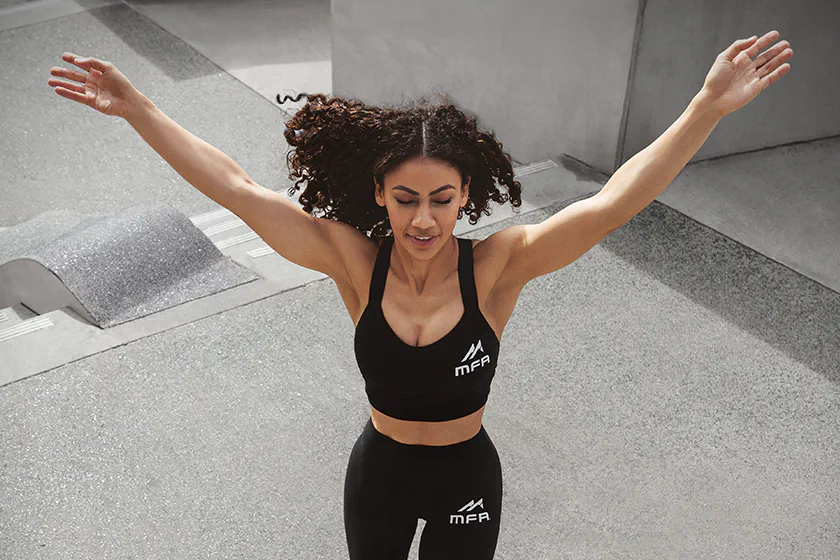Top Post-workout Supplements for Recovery

What’s essential and what’s overhyped?
Every vigorous physical activity calls for a recovery period. An intense workout is not different in any aspect. For proper recovery, your body needs the right nutrients. These proteins, carbs, amino acids, minerals, vitamins, etc., help the body rebuild muscle and prepare for the next training session.
However, the supplement industry is flooded with products claiming to enhance recovery, but not all of them deliver on their promises. Some are backed by science, while others are just marketing hype. This article will break down which post-workout recovery supplements are worth your money and which ones you can comfortably skip.
What is the science behind post-workout recovery?
Before we get to the supplements, let’s ensure we understand what happens to the body after exercise. During all types of exercise muscle fibers experience micro-tears, glycogen reserves within the body (stored energy) get depleted, and inflammation increases. We’ve all experienced these changes, especially after resistance training or high-intensity cardio. Here’s what your body needs to recover:
- Muscle repair and growth (protein synthesis)
- Replenishment of glycogen stores (carbohydrates)
- Reduction of inflammation and soreness
- Hydration and replenishment of electrolytes
All of these processes are supported by proper post-workout supplementation. That means your body can use certain supplements to support recovery. However, it does not mean these products can replace a well-balanced diet, a good night’s sleep, or smart training.
Which supplements do you need for recovery?
The essential supplements for a faster post-workout recovery (the ones that work) are:
- Protein
- Carbohydrates
- Creatine
- Electrolytes
Here’s an overview:
Protein (The Most Important Supplement)
Protein is essential for repairing and building muscle. After a workout, your muscles are primed to absorb nutrients. So, this is the best time to consume protein. There are three types:
- Whey protein: Fast-digesting and rich in leucine (an amino acid that triggers muscle growth). Ideal for post-workout.
- Plant-based protein (Pea, Rice, or Soy): A good alternative for vegans or those with lactose intolerance.
- Casein protein: Slower-digesting, better before bed than immediately post-workout.
Why does the body need proteins? The first reason is dietary deficiency, if you struggle to get enough protein from whole foods. For muscle hypertrophy (muscle mass increase), aim for twenty to forty grams post-workout.
Carbohydrates (For Glycogen Replenishment)
If your workout was long or intense (endurance training, HIIT, or heavy lifting), carbs help restore glycogen levels. But be careful. Excess carbs get stored as fat!
Fast-digesting carbs (dextrose, maltodextrin, or fruit like bananas) work best immediately after training. Whole foods (rice, oats, sweet potatoes) are great if you’re eating a meal soon after. Remember, you only need additional carbs if you trained hard for over an hour or did multiple sessions in a day.
Creatine (For Strength and Recovery)
Creatine is one of the most researched supplements and helps with:
- Faster muscle recovery
- Increased strength and power output
- Reduced muscle soreness
Creatine is beneficial before and after a workout. It delivers the best “punch” in weight lifting and sports that require explosive strength. Three to five milligrams per day is a recommended serving for creatine.
Electrolytes (For Hydration)
During workouts, we sweat. Sweating depletes electrolytes (sodium, potassium, magnesium). If you sweat a lot or train in the heat, replenishing them helps with:
- Preventing cramps
- Improving hydration
- Maintaining performance
Electrolytes are great for rehydration after long and intense workouts, and whenever plenty of sweating is involved.
Which post-workout supplements are overhyped (money-saving tips)?
Some popular supplements, although not harmful, do not deliver any crucial benefits for post-workout recovery. Avoiding these can help you save time and money. Here are the details:
BCAAs (Branched-Chain Amino Acids)
BCAAs, such as leucine, isoleucine, and valine are often marketed as a must-have for recovery. However, if you eat enough protein, you’re already getting BCAAs. The supplements don’t provide any extra benefits over whole protein sources. Therefore, you can skip them unless you’re training while fasting and can’t eat real food.
Glutamine (For Immune Support)
Glutamine is claimed to reduce muscle soreness and boost immunity. However, studies show no significant benefit for most people. So, glutamine is not necessary for the average lifter or gym-goer. It is only potentially useful for extreme endurance athletes or those with gut issues.
Testosterone Boosters
Many supplements claim to “naturally boost testosterone” with ingredients like tribulus, fenugreek, or DAA (D-Aspartic Acid). However, most of these have little to no effect unless you’re deficient. The real testosterone support comes from sleep, diet, and proper training. So, it is better to save your money and focus on lifestyle factors instead.
Fat Burners (Post-Workout)
Some companies push fat burners as “recovery aids”. Such products often contain stimulants, such as caffeine and yohimbine, that don’t help recovery. Some may even increase stress hormones, slowing recovery.
What are some quality natural recovery boosters?
There are some free, natural, and science-backed recovery strategies you may want to try:
- Sleep is the best recovery tool. Everyone should aim for seven to nine hours per night. The main reason is the growth hormone. It is critical for recovery and peaks during deep sleep (in adults).
- Hydration is generally desirable (and vital). So, drink enough water and add electrolytes if needed.
- Active recovery techniques, such as light walks, stretching, or yoga can improve blood flow and reduce soreness.
- Anti-inflammatory foods, like tart cherry juice, turmeric, and omega-3s (from fish or flaxseeds) help reduce muscle soreness.
The Final Word: What should you take?
Protein and creatine are the absolute must-haves for optimal post-workout recovery. You should also add carbs and electrolytes to this list when necessary. To maximize the effects of physical activity and supplementation, ensure you are staying hydrated, getting enough sleep, and enjoying a diet rich in whole foods.
The supplements worth skipping include BCAAs, glutamine, testosterone boosters, and fat burners.
Last but not least, remember that supplements can help, but they’re just the icing on the cake. If your diet, training, and recovery basics are solid, you’ll see better results than relying on overhyped products.
Dr. Rosmy Barrios is a physician specializing in regenerative and aesthetic medicine. She serves as the Medical Director of the Regenerative Medicine Department at P.A.R.K.S Clinic. With over a decade of international experience, Dr. Barrios focuses on anti-aging therapies, cellular regeneration, and holistic wellness. She is also a published health writer and advisor, contributing to platforms like Forbes and Yahoo Health, and is a member of several global aesthetic medicine associations.



